English
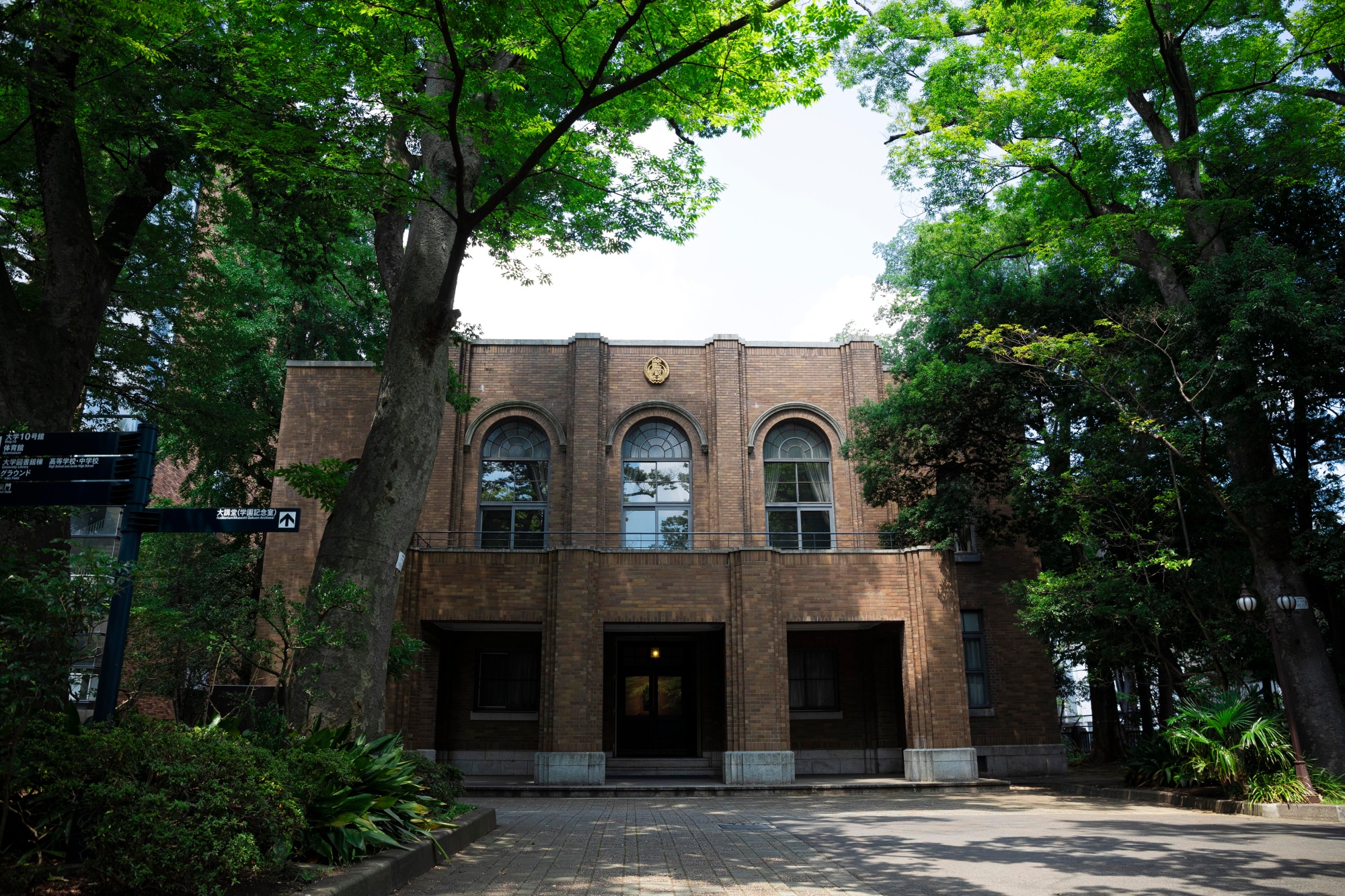
Musashi High School's Three Founding Principles
- To produce individuals dedicated to our nation's ideal of incorporating the cultural values of East and West.
- To produce individuals equal to the challenge of acting on the world stage.
- To produce individuals capable of independent thought and research.
Philosophy
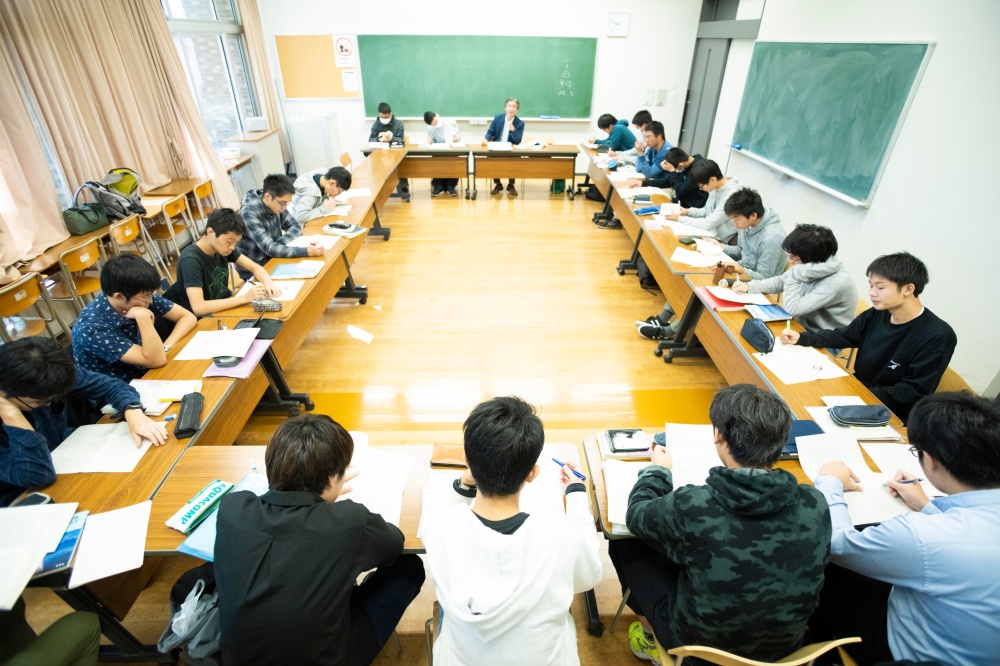
In addition to his belief in the importance of civic and philanthropic activities, Kaichiro Nezu Senior was a pioneer in his promotion of globalism and individual self-determination. To embody this spirit, Musashi High School has, since its inception, based its teaching philosophy and practice on three ideals as set forth in Musashi’s Three Founding Principles.
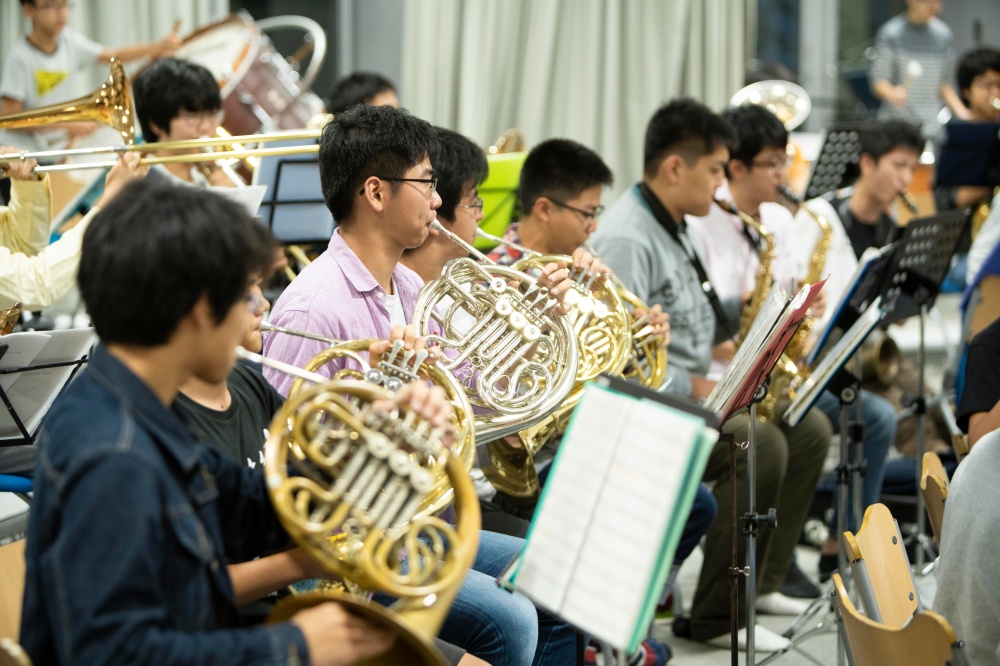
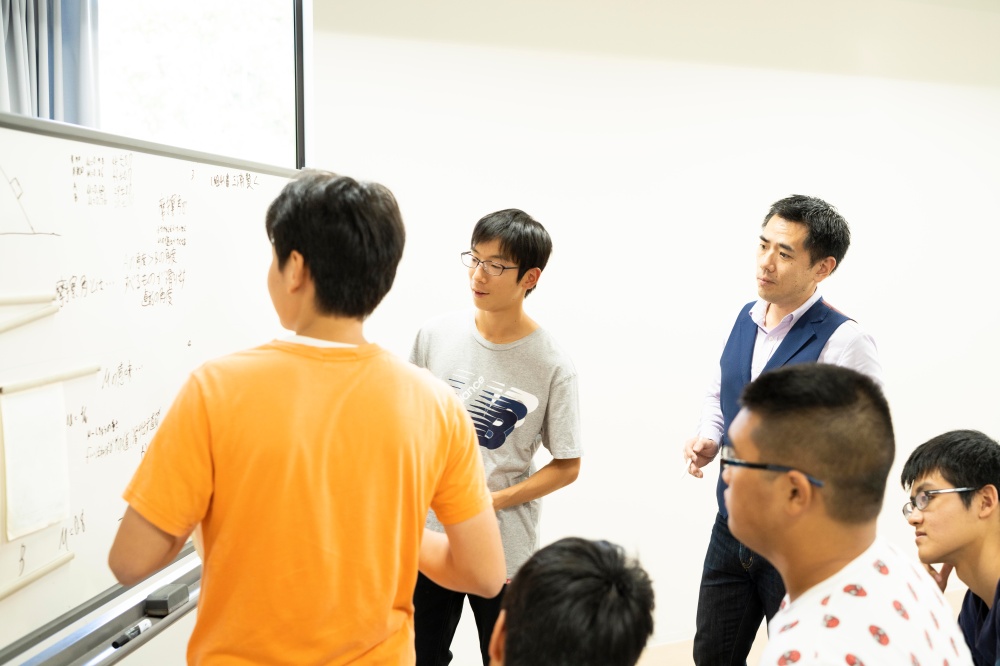
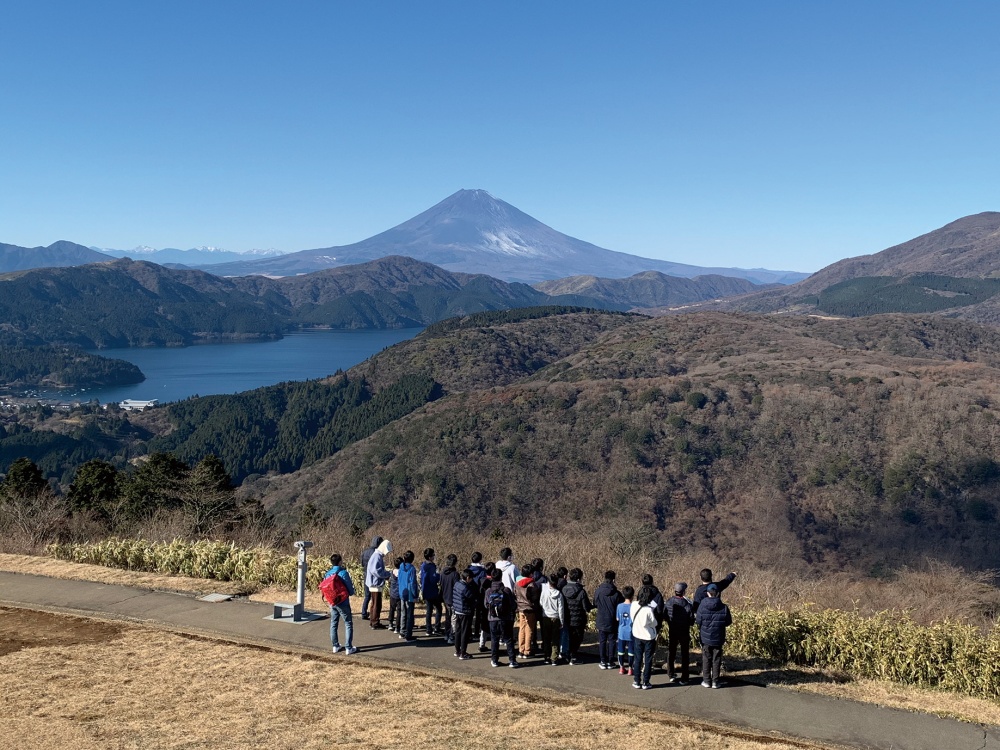
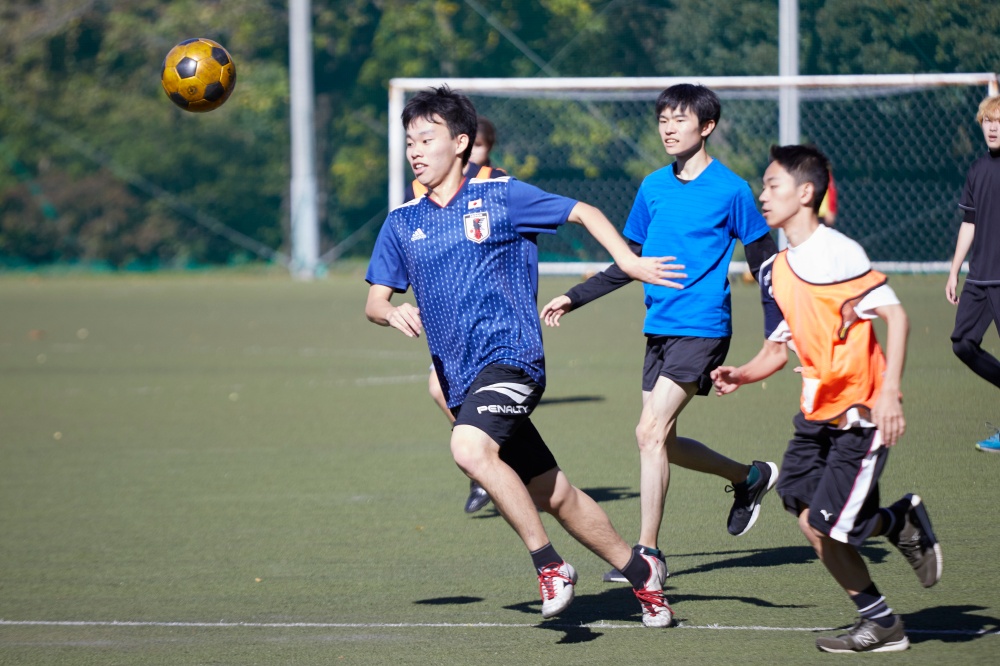
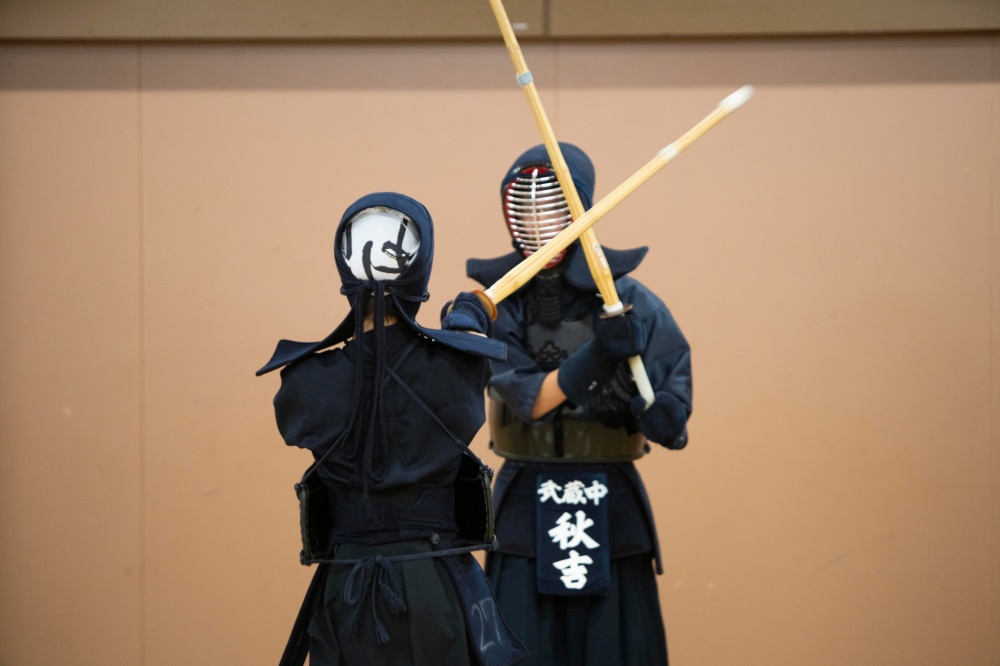
Curriculum
- Language Arts
- Mathematics
- Social Sciences
- Natural Sciences
- English
- Physical Education
- The Arts
- Computer Science and Technology
- Home Economics
- Second Foreign Languages
- Integrated Studies and Research
- Supplementary Lessons
Language Arts: Fostering a deeper understanding of literature through multi-faceted and in-depth textual analysis
Mathematics: Developing critical thinking skills and an appreciation of the beauty and joy of math
Through the use of original materials, students explore the principles of mathematics in a coherent and structured fashion while also developing an appreciation of the beauty of math. In junior high school, both algebra and geometry are studied. To allow for a more practical and hand-on approach, algebra class sizes are kept small. Study of the principles of geometry fosters critical thinking skills. As students advance in their studies, they hone their problem-solving skills and reasoning ability. From the second year of senior high school, students are divided into two streams: humanities and sciences. In the third year of senior high school, studies are more focused on practical application. Although arriving at the correct solution is important, an understanding of the process by which solutions are derived is equally valued.
Social Sciences: Understanding the present through a comprehensive study of society
At Musashi, an emphasis is placed on understanding one’s individual role in relation to others through a detailed analysis of societal structures. The goal is to foster an understanding of how our present society is influenced by past collaboration and conflict as well as natural phenomena through the study of geography and history. In junior high school, both Japanese and world society are studied in a multidisciplinary fashion without strict adherence to the individual subjects of geography and history. In addition, in the third year of junior high school, students consolidate what they have learned through a graduation research project. In senior high school, world history, ethics, politics and economics are the core subjects and Japanese history and geography are electives. By combining these different lenses, students can develop their interest and deepen their understanding of the world in which they live.
Natural Sciences: Fostering a sprit of experimentation, investigation and reasoning
By building on the knowledge acquired in elementary school, junior high school students start their individual journey of discovery on a path of careful and practical observation through varied and continuous experiments in the school’s ample facilities and laboratories. Using the scientific method of observation, students record data and develop arguments to interiorize the essence of scientific studies. In addition, students come into direct contact with the natural world through geological expeditions and astronomy training. During the first four years of their studies, the focus is on developing and broadening the base tenets in the natural sciences and cultivating an ability to ask questions and find answers on one’s own. From the second year of high school, students pursue their own interests and focus on developing their knowledge in one of four fields; physics, chemistry, biology, or geology. Needless to say, studies are not solely focused on university entrance exam preparation, but are designed to nurture an ability to succeed in various specialized fields.
English: Facilitating self-discovery, reflection and expression
Small class sizes facilitate the development of core communication skills. A steady and engaging focus on not simply drills, memorization and exercises, but more importantly on language as a stimulating subject matter equips students with English communication skills. The junior high school English curriculum is focused on speaking and incorporates original materials to teach phonics, as well as ICT technology and the incorporation of native English speaker lessons. In addition, students can participate in online speaking lessons and intensive reading programmes at their own pace. In high school, students consolidate their understanding of grammar and vocabulary through in-depth studies in translation and expression. Lessons by native English speakers focus on presentation skills, drama, and academic writing and allow students to refine their use of natural English and express themselves in both speech and writing.
Physical Education: Strengthening the body and mind through movement
The Arts: Developing the art of appreciation
Computer Science and Technology: Preparing for a future in an information-oriented society
In computer science, problem solving skills and logic form the basis of the approach to honing students’ creativity, imagination and originality in order to prepare them for life in an information-oriented society. In addition, to allow students to become leaders and promote their self-actualization, students learn specialized presentation skills which facilitate self-awareness and expression. Students also learn about the risks and responsibilities inherent in a computer-based society, including those related to copyright laws and SNS etiquette. A mathematical approach is used to allows students to understand both analogue and digital systems, in addition to encryption technology.
Home Economics: Acquiring self-sufficiency skills
In junior high school, students learn about nutrition and apparel. Initially, students learn about the importance of proper eating habits, nutrition and self-management. Students then explore the functions, origins, and culture of clothing. In high school, students study various matters related to everyday life, including food, shelter, family relationships, life planning, and traditional Japanese culture. A special emphasis is placed on self-reliance and communal co-existence. Importance is also attached to learning through practical training and experimentation, cultivating an understanding of one’s surroundings and recognizing one’s own challenges. Home Economics provides the tools to live a self-sufficient and rewarding life.
Second Foreign Languages: Forging a path above and beyond borders
The German language has been taught at Musashi since its inception and in 1973, the French and Chinese languages were incorporated into the curriculum. Finally, in 1990, Korean was added. From the third year of junior high school, each student chooses one second foreign language to study. In high school, students can elect to study from either the intermediate or advanced stream. Through direct interaction with native speaking teachers, students’ are able to develop both their communicative ability and cultural awareness. Advanced level students have the option of participating in study-abroad programmes with partner schools overseas. Other opportunities, such as international cooking classes, student exchange programmes and seminars, and foreign film viewing, are available.
Integrated Studies and Research: Fostering life skills through extra-curricular activities
Supplementary Lessons: Creating opportunities for specialized formation outside the standard curriculum
Musashi provides a wide range of non-standardized classes tailored to the interests of students and teachers, regardless of the framework of the subject. This reflects our focus on developing self-awareness by fostering a desire to be flexible in curriculum needs and encourage students to follow their interests and delve deeper into new fields. Examples of topics that have been explored include among others, trade games, Japanese mythology, modern music, introduction to the game of Go, Kabuki workshops, international relations, and organic chemistry experiments. There are also overseas training and briefing sessions and lecturers' home visits which enable exchanges beyond the grade level. In addition, a variety of lectures and seminars is offered by visiting lecturers on such diverse topics as “modern medical treatment”, “the story of Antarctic observation”, and “the law”.
| Organization | Position | Person in position |
|---|---|---|
| Musashi Academy of the Nezu Foundation | Chairperson of the Board of Directors | NEZU Koichi |
| Musashi Academy of the Nezu Foundation | Chancellor | IKEDA Yasuo |
| Musashi High School and Junior High School | Principal | SUGIYAMA Takeshi |
